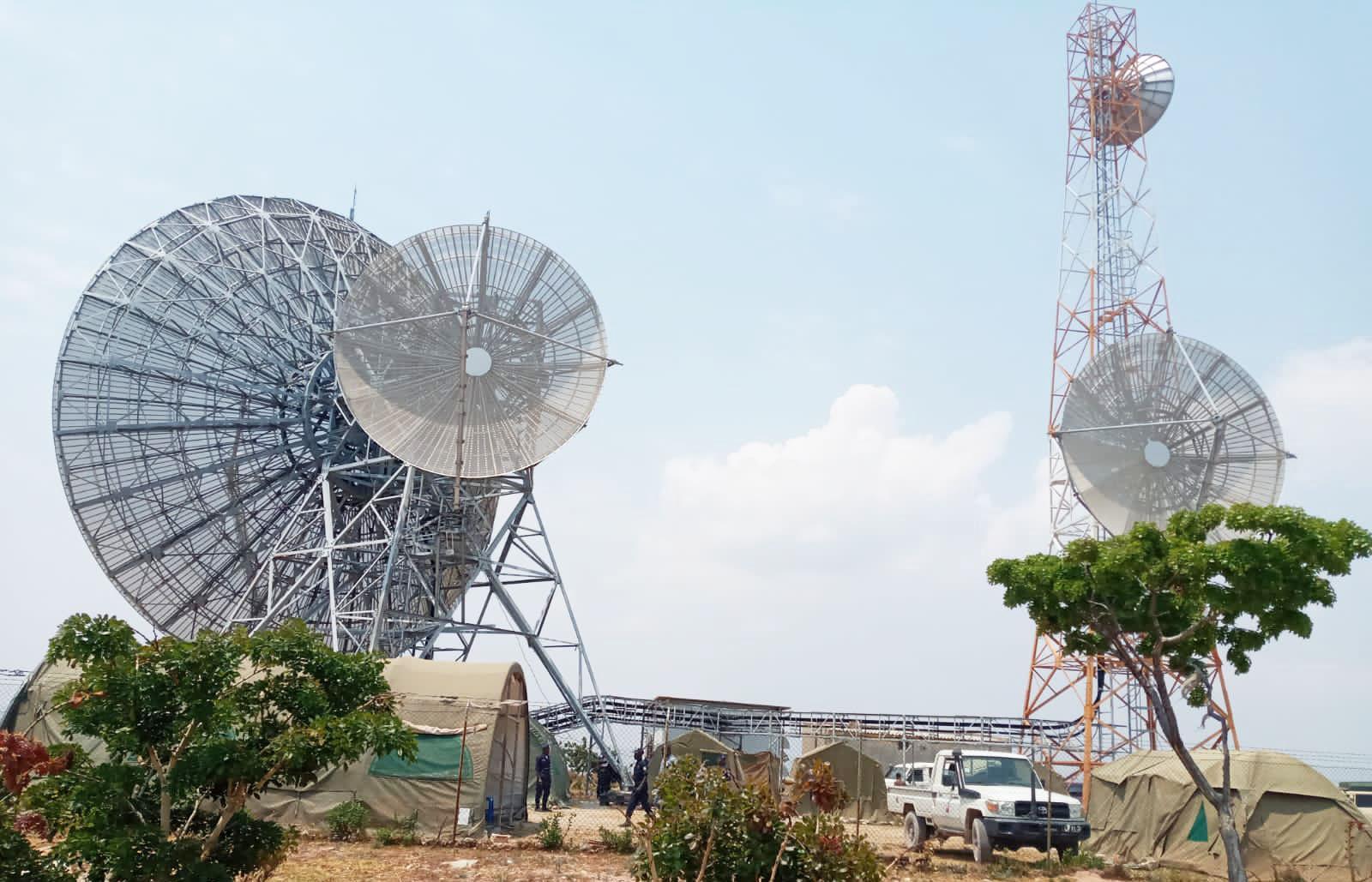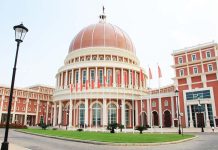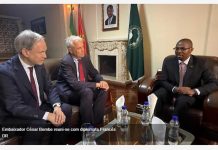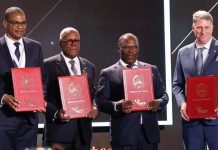Africa-Press – Angola. The Angolan government considers the role played by telecommunications and information and communication technologies to be fundamental in achieving the Sustainable Development Goals (SDGs), by the year 2030.
In a press release from the Ministry of Telecommunications, Information Technologies and Social Communication (MINTTICS), on the occasion of May 17th, International Day of Telecommunications and Information Society, it is highlighted that the Executive is aware of the support to the socio-economic development process, in the fight against poverty, in the pursuit of the Millennium Goals.
According to the document, the Telecommunications and Information Technologies sector are, therefore, fundamental in the process of modernizing governance, in social and economic development, in social inclusion, in improving living conditions and in access to information.
The note highlights that as a result of the work of the Executive, the projects, programs and actions carried out have produced satisfactory results, fundamentally in the continuous improvement of the regular and universal provision of basic public services of telephony, Internet access and associated services.
In the report, the ministry recalls that, within the scope of the National Space Program (PEN), on October 12, 2022, the ANGOSAT-2 was launched into orbit, and, last January, the country witnessed the inauguration and entry into operation of the Satellite Mission and Control Center (MCC), an intelligent infrastructure capable of operating several satellites simultaneously.
The document reinforces that an Earth Observation System (SOT) was recently created, where several applications have been developed, offering real benefits to society, with emphasis on sectors such as agriculture, land use planning and the exploitation of natural resources.
“The training and qualification of staff constitute essential pillars in the materialization of programmes, projects and actions in the ICT sector. Thus, in addition to others, recently three Angolans were highlighted among the top 10 engineers under 30 years of age in the African space industry”, reads the note.
The document adds that “Angola is in the leadership of the SADC Satellite Committee and is, to date, the focal point of SADC with the International Telecommunication Union for issues related to orbital positions”.
He also highlighted the technological solution Tech-Gest, selected for the Top 100 Global of artificial intelligence projects, focused on the Sustainable Development Goals, as well as Tech-Gest, a service that uses up-to-date, high-resolution satellite images for the infrastructure monitoring, asset management, change detection, land use and occupation mapping.
The Government emphasizes the existence of 10 fixed media libraries in Benguela, Luanda, Huambo, Huíla, Lunda Sul, Zaire, Cunene, Bié and Malanje and the 6 proximity media libraries “Mobile Media Library” in Cabinda, Luanda, Malanje, Bié, Moxico and Uíge , which has allowed the population to increase literacy and access to information, in addition to being a privileged space for cultural interaction.
According to the Government, the entry into operation of digital.ao, a technological incubator that focuses on providing IT infrastructure and supporting entrepreneurship, has enabled the strengthening and expansion of micro and small companies, in addition to facilitating the business formalization and modernization.
The ministry made it known that, in order to provide more reliable information on weather and climate, within the scope of the INAMET modernization project, of the 68 meteorological stations that are due to start operating in 2023, 58 of the stations have already been completed and installed .
The Government emphasizes that the Radioelectric Spectrum Management Monitoring Center, inaugurated in 2022, has enabled better monitoring of the radioelectric spectrum, as well as better monitoring and management of situations of interference in the civil and maritime aviation sectors, as well as in the use of broadcasting frequencies across the country.
The Executive ensures that the completion of the fiber optic connection between the province of Zaire and the province of Cabinda, crossing the Democratic Republic of Congo, through the cities of Matadi and Boma, as well as the new fiber optic cable, with a capacity of 200 Gbps , which connects Noqui and Zaire, is a great gain for the country and will certainly improve and facilitate access and quality of services.
The ministry congratulates all public and private telecommunications and information society bodies and operators, giving a special greeting to the sector’s staff, for the work they carry out in ensuring electronic communications services and strengthening electronic security.
This engagement, reinforces the note, has allowed communication and access to information in the country to more than 24 million mobile phone subscribers, more than 10 million internet service users and more than 2 million cable television subscribers. signature.
For More News And Analysis About Angola Follow Africa-Press






